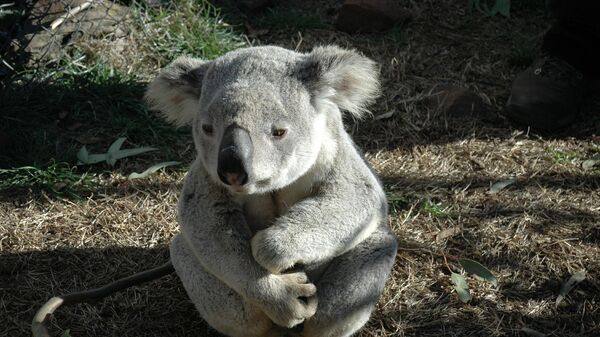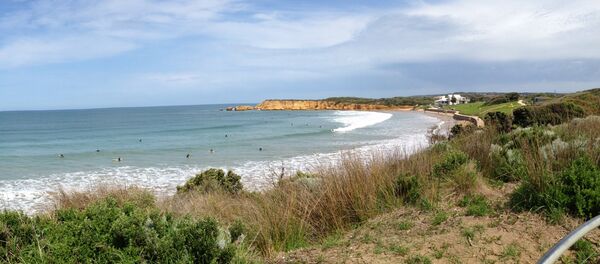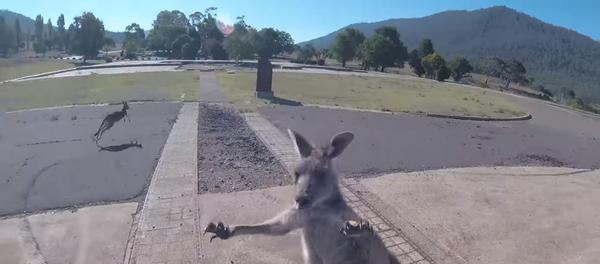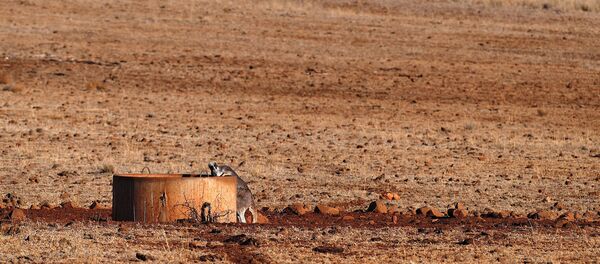The Australian Koala Foundation (AKF) issued a press release last year announcing the 33-year-old nonprofit had reason to believe "there are no more than 80,000 koalas remaining in Australia," making the arboreal marsupial "functionally extinct."
To put the number in perspective, Deborah Tabart, the chair of the AKF, revealed the population estimate "is approximately 1% of the 8 million Koalas that were shot for fur and sent to London between 1890 and 1927."
Tabart also explained that while she has worked with 13 ministers of environment over the course of her time with AKF, nothing has been done by the Australian government to curb the decline of the koala since the issue was first "exposed" by a 2011 Senate Inquiry.
"While sitting in the Senate Inquiry you could hear industry pleading with the Senators to continue allowing them to have their way with habitats around the country," Tabart recounts.
Ever since, lip service has been the only aid given to the Australian native creature. However, with Australia's general election taking place May 18, AKF remains hopeful in lobbying for legislation — this time using a framework that has proved effective for US conservationists.
"I have heard many empty promises from members of Government pretending to protect the Koala. Look where we are now. The Koala Protection Act will work and it is ready to go," Tabart wrote in the release.
The nonprofit's "Koala Protection Act" is said to be based off the US Bald Eagle Act, which, according to the US Fish and Wildlife Service, protects both the bald and golden eagle (alive or deceased), as well as their habitats, from the hands of humans. Punishments for violating the act can range as high as a $250,000 fine or two years in prison.
"Disease of the eucalyptus [trees], bushfires and land clearing" are mainly responsible for the estimated 80% decline in possible habitat for koalas, according to a recent YouTube video from the organization. Recent heatwaves and droughts are also to blame for the arboreal marsupials movement, starvation and dehydration.
"I know the Australian public are concerned for the safety of Koalas and are tired of seeing dead Koalas on our roads. It is time for the Government to respect the Koala and protect its habitat," Tabart asserted in reference to the upcoming elections.
According to an infographic included in the release, only five Australian electorates possess more than 5,000 koalas, while 41 of the 128 have shown no signs of the marsupial. The remaining 82 electorates vary, having between one and 5,000 koalas in their areas.





